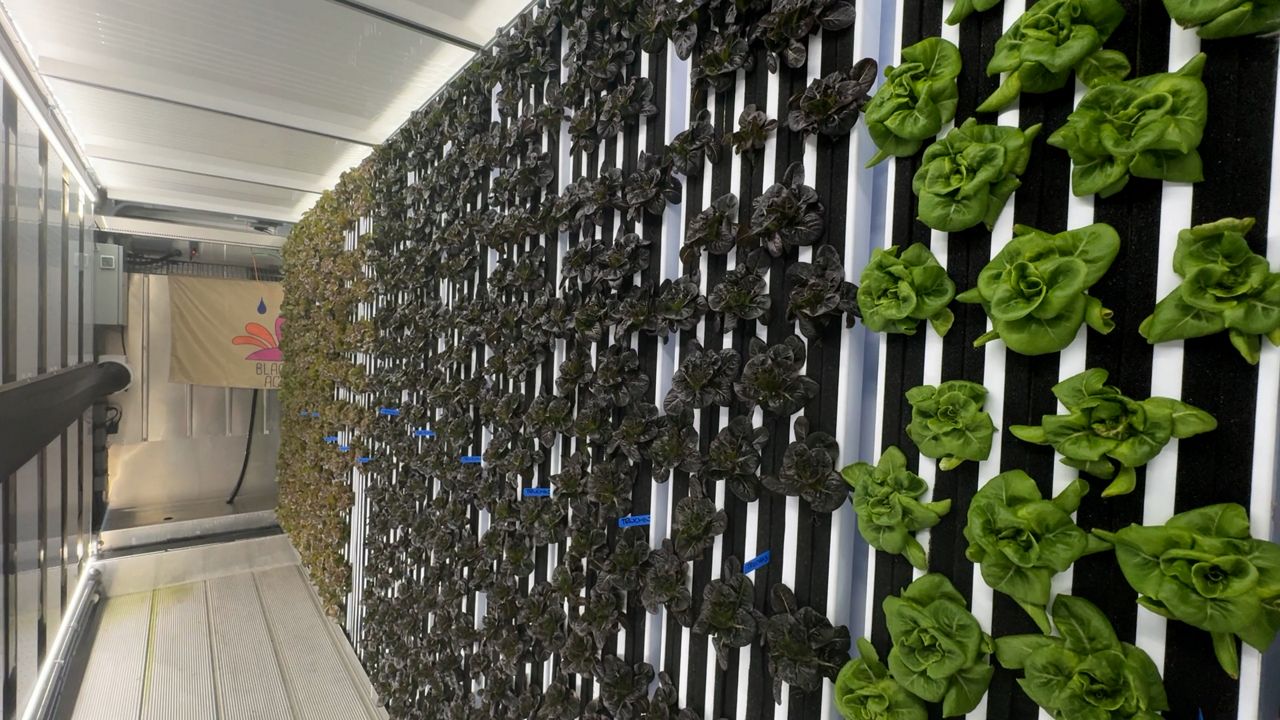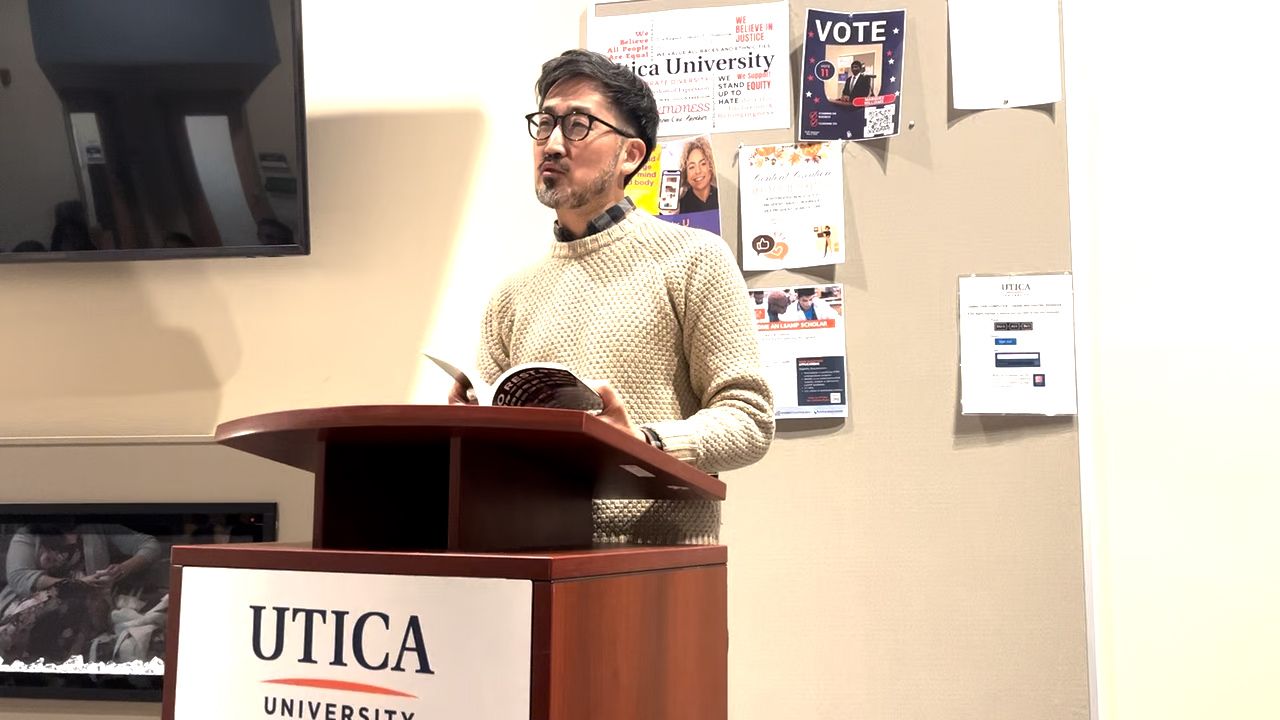DICKINSON, N.Y. — It’s a place no one wants to find themselves – within the walls of a county jail. It can often feel like rock bottom, with no light at the end of the tunnel.
And while it’s difficult for those doing their time, it’s potentially just as hard for their loved ones.
What You Need To Know
- The new Broome County Jail Task Force Transition Team consists of jail staff, the public defenders office and family members of the incarcerated
- New York jail-housed 16,402 people as of August
- Family members say something as simple as more visitation times can have lasting impacts on the incarcerated
Susan Hughes knows that firsthand.
"They are members of our community, and they've made mistakes; and they're in there. And I think, I think the thing that's really being focused on is, yes, it's a place for punishment, but it's also a place for rehabilitation," said Hughes.
Hughes recently had a loved one in the jail, and dealt with the struggles that came along with it. But advocating for those inside isn’t always easy, and many feel their voices aren’t being heard.
That is until now.
Enter the Broome County Jail Task Force Transition Team – a new group, consisting of jail staff, the public defenders office and family members of the incarcerated.
"I can't think of anything that I've done in my life as a volunteer that I have felt more gratification from,” said Penny Stringfield, chairperson of the Broome County Jail Task Force Transition Team.
Stringfield also at one time had a loved one in the jail. She now leads this task force, which was founded at the end of last year. It comes following years of complaints and disagreements from family members of the incarcerated.
Each month, the group meets for what can often be difficult, but productive discussions about bettering life inside.
"I am thrilled with the transparency that we get from the jail administration," Stringfield said. "They tell us the good and the bad."
"I think the discussions have been very open and very transparent. I really enjoy these meetings because I feel like what we say is taken to heart and is considered and we usually see change come about from that, and that's something that's really exciting to be a part of," said Hannah Driskell, director of program services at the Broome County Public Defender’s Office.
New York jails housed 16,402 people as of August. That’s a 5% increase from August of last year, which saw 15,617.
Preventing that annual rise often starts on the local level, with groups like this.
Family members say something as simple more visitation times can have lasting impacts on the incarcerated.
"It gives them hope when they're in there," Hughes said. "Maybe it will give them the motivation to take advantage of some of these wonderful programs that are being put in place to better themselves. When they get out, they can start a new."
So far, the jail has begun implementing everything from better food options to more mental health and substance abuse mentoring, thanks to these discussions. They even created a garden, completely run by inmates.
"The behind the scenes on the gardens is something that will always bring tears to my eyes when I hear from the undersheriff that when someone who is getting ready to leave turns to him and says, 'When I go home, I'm going to plant a garden with my son,”' said Stringfield.
While there isn’t a quick fix, this group is just happy to have a voice.
"I think to be able to have everybody together in one room and have people there that can actually put some of these thoughts into action is really great," said Driskell.
"I have compassion and empathy for those that are going through the same thing," Hughes said. "It's very frustrating. And I think who better to bring that to the attention of those that can make changes."
The state of New York has an incarceration rate of 376 per 100,000 people, making it one of the highest in the country.










